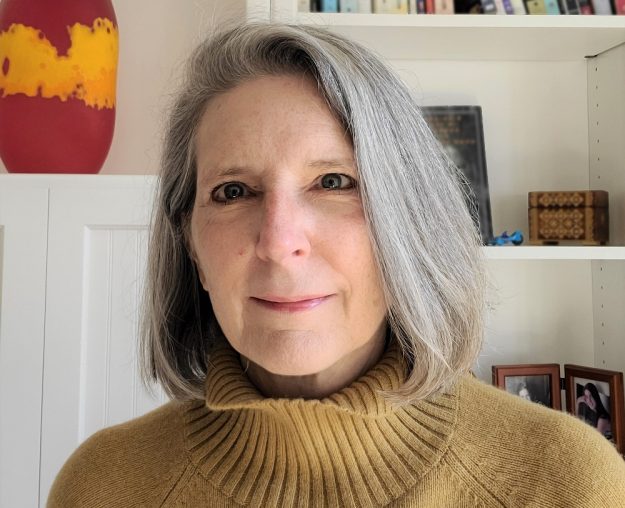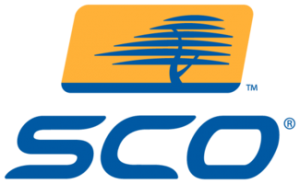Last year’s election for board members at Open Source Initiative was “hacked,” which necessitated a re-vote. Fortunately, this year’s election was a smooth experience.

The Open Source Initiative announced on Monday that its members have cast their ballots for four board of directors’ seats. The votes have been counted, the results are in, and it all went off without a hitch.
That’s good news, considering that last year’s OSI board election was hacked, which necessitated a re-vote and put a bit of undeserved egg on the faces of those running the show at one of open source’s most important organizations. In case you don’t know, OSI is the organization established back in 1998 to protect the Open Source Definition, and has been the official decider on what is and what is not an open source license ever since.
Long story short: if the software license you thought up while dreaming last night doesn’t have OSI approval it’s not an open source license — no matter how convinced you are that the information you get in your dreams comes directly from the universal mind or some other divine source. And while you might go ahead and call your non-approved license “open source” anyway, since no one has a copyright or trademark on the term, you do so at your own risk.
Especially now, since a US Court of Appeals for the Ninth Circuit recently affirmed a lower court decision that called it “false advertising” to claim software is “open source” when it’s not licensed under a bone fide open source license.
This is important, because recently some companies have been pushing licenses as “open source” or “the same as open source” while putting restrictions on who can use the code or how the code can be used. This violates the Open Source Definition, which clearly states that open source code can be used for any purpose (even if it’s illegal), and by anyone (including dirty rotten communists or money stealing capitalists who’re determined to murder the environment).
You may not like it, but that’s the way open sourcers roll.
Last Year’s Hack
To say that last year’s OSI election was hacked might be a bit of an overstatement. It’s more like somebody left a door open, and somebody else might’ve taken advantage.

According to ZDNet, OSI’s president at the time, Josh Simmons, said that the problem wasn’t some exploit in Helios, the open-source system for online voting that the organization uses, but that it was “an issue with our processes and the way we use our database that created the opportunity for one or more entities to vote more than once.”
In other words, “Oops!”
And of course, it didn’t help that the incident happened just months after a certain former U.S. President started running around telling everyone who would listen that the election he lost was because his opponent had been stuffing the ballot box.
“Holy coincidence, Batman!” many observed.
Anyway, long story short, under the careful guidance of Simmons and then general manager Deb Nicholson, things were sorted out and a rerun election was held.
It went off without a hitch. Just like the one that just ended.
OSI’s Board of Directors
In the election that was just decided, a total of four seats were up for grabs — two affiliate seats and two individual seats — which represents half of the number of elected director seats on the 10-person board. In addition, OSI has two board members who are appointed by the board. According to OSI, the board legally “is the ultimate authority responsible for the organization.”

Affiliate board members are elected to three year terms by OSI affiliate members, which includes nonprofit organizations, open source projects and communities, educational institutions, and user groups. There are currently more than 80 affiliate members.
Individual directors are elected by the general membership for two year terms. According to OSI bylaws, directors can serve up to a maximum of six consecutive years. After that, they must be off the board for at least one year before they can run again.
According to OSI, “The board’s responsibilities include oversight of the organization, supporting the executive director and staff. The board approves the budget, sets strategic direction and defines goals in line with the mission.”
The Envelope Please…
This year nine candidates were running to fill the two individual member seats, with neither incumbent seeking reelection. One of the seats being vacated was held by Josh Simmons, who during his six-year tenure at OSI held a round robin of positions, including chairperson, president, vice-president, and chief financial officer. The other departing individual board member is Megan (Byrd) Sanicki, who leaves the board as it’s vice chairperson.

Taking their place as freshman members will be Amanda Brock and Josh Berkus. Brock is an attorney as well as the CEO at OpenUK, an organization that advocates for open technology (open source software and hardware, and open data). Berkus, an alumnus of Sun Microsystems, where he was the PostgreSQL Lead for more than two years, is currently the Kubernetes Community Manager at Red Hat.
Eight candidates were in the running for the two affiliate seats covered in this election. Reelected was Pamela Chestek, who served as Red Hat’s senior intellectual property attorney from 2008-2012 before leaving to start her own Raleigh-based practice, Chestek Legal, which focus on technology and open source. Another lawyer, Carlo Piana, a founder and partner at Italy-based Array Law, was elected to take the affiliate seat previously held by Italo Vignoli, co-founder of The Document Foundation, the organization behind LibreOffice.
Vignoli’s term was originally scheduled to end in 2023 but became vacant when he resigned from the board for personal reasons.
Back to Business
Now that the votes have been counted, OSI’s board will meet sometime between now and the end of March to formalize the results.
“The new board members will be invited to a series of onboarding meetings to get to know the internal tools of the organization and familiarize with the mission, vision and strategy of the organization,” OSI said in a statement. “And to [get to] know each other and the staff.”
Editor’s note: An earlier version of this article said that Josh Simmons was executive director of Open Source Initiative during the organization’s 2021 board of directors election, when he was actually president. Stefano Maffulli became OSI’s first executive director in August, 2021.
Christine Hall has been a journalist since 1971. In 2001, she began writing a weekly consumer computer column and started covering Linux and FOSS in 2002 after making the switch to GNU/Linux. Follow her on Twitter: @BrideOfLinux










